Antonio Gramsci developed the concept of cultural hegemony to describe how dominant classes maintain power, not solely through economic control, but by shaping culture and ideology. By framing the accepted norms, values, and beliefs, they secure consent from the public, even when these structures work against the public’s own interests. Gramsci’s insights remain deeply relevant, particularly when examining how power is exerted today through both traditional media and digital platforms.
In the age of social media dominance, platforms like YouTube, LinkedIn, X (formerly Twitter) and Facebook (now Meta) have become the new gatekeepers of culture, shaping public discourse. While these companies claim to combat misinformation and harmful content, there is growing concern that they are also suppressing ideas that challenge corporate or governmental power structures. Under the guise of content moderation, some of the most disruptive critiques of societal norms are being silenced.
Here are nine of the most “dangerous” ideas being censored on social media today.
1. Criticism of Big Tech Monopolies
Discussions around the monopolistic practices of tech giants (like Meta, Google, Amazon) and how they shape global economics and culture often face restrictions. This includes critiques of how these companies collect and use data, influence political systems, or create dependencies in developing economies.
For example, the “Facebook Files” leaks exposed how Facebook (now Meta) prioritized profit over user safety, manipulated engagement through controversial content, and ignored internal research on harmful effects on society. When journalists or activists attempt to explore these topics in depth on the platform itself, posts or videos often get flagged or throttled.
Criticism of corporate media monopolies and propaganda is suppressed. Carlos Latuff, a Brazilian cartoonist, often portrays corporate media as a tool for manipulating public opinion. His works illustrate how monopolized media stifles independent voices and promotes propaganda that serves corporate and political interests.
2. Dissenting Narratives on Global Crises
Pandemics and Health Policies
Critiques of global health responses, particularly those questioning the role of pharmaceutical companies, government lockdown policies, or mask and vaccine mandates are frequently censored as misinformation. This includes nuanced debate over the balance between public health and civil liberties.
The prominent feminist author Naomi Wolf, had her Twitter account permanently banned after repeatedly questioning COVID-19 vaccine mandates and criticising governmental pandemic policies. These discussions were flagged as spreading health misinformation, despite them expressing legitimate concerns about civil liberties.
Challenging the official COVID-19 narrative is censored.
The Danish cartoonist Niels Bo Bojesen captured the global skepticism and concerns about government overreach during the pandemic with satirical depictions of COVID policies and their effects on personal freedoms. His art often raised questions about the balance between safety and liberty.
Climate Change
Questioning climate change is flagged and being critical of policies such as carbon taxes or corporate-driven “green” initiatives can even be censored.
A good example of the censorship surrounding criticism of corporate-driven “green” initiatives and policies like carbon taxes involves the case of Michael Shellenberger, an environmental activist and author of “Apocalypse Never: Why Environmental Alarmism Hurts Us All”, who has been critical of some mainstream environmental policies. When promoting his book and ideas on platforms like YouTube and Facebook, Shellenberger experienced content throttling and shadow banning, with some of his posts being flagged for misinformation—even though his views are based on legitimate scientific discourse. His criticism of corporate-driven “green” initiatives, which he sees as primarily serving the interests of wealthy countries and corporations at the expense of global equity, has been similarly side-lined.
Steve Cutts’ art often critiques environmental hypocrisy, particularly around corporate-driven “green” initiatives. His illustration of corporate interests posing as eco-friendly while destroying the environment critiques superficial climate policies, aligning with scepticism about carbon taxes.
3. Anti-Imperialist and Anti-Military Industrial Complex Views
Voices critical of Western military interventions especially US foreign policy or exposing links between corporate interests and war, often find themselves de-platformed or shadow-banned. This is particularly relevant to discussions on the war in Ukraine and US involvement in regime changes.
Content opposing the US role in the Ukraine war has been heavily moderated. Independent journalists and activists who suggest that NATO’s expansion contributed to the conflict by crossing Russia’s red-lines, or criticise U.S. military aid to Ukraine, often face censorship on YouTube and Twitter. Some have had their accounts temporarily suspended or demonetized.
Anthony Freda’s illustrations are a powerful critique of the military-industrial complex, showing how war becomes a commodity for corporate profits. His art visually questions the ethics and motives behind perpetual conflict, fitting the idea of limiting discussion around the military-industrial complex.
4. Alternative Economic Models
Ideas proposing economic alternatives to capitalism, particularly those exploring decentralized models like cryptocurrency, cooperative ownership, or degrowth, often face censorship. While some of this content relates to scams, other legitimate critiques of centralized financial systems can be silenced under the guise of preventing misinformation or fraud.
Content promoting decentralized finance (DeFi) or discussions around anarcho-communist or socialist economic models have been flagged or removed, especially during the rise of cryptocurrency. Some YouTubers promoting blockchain technology as a way to challenge traditional banking monopolies have been shadow-banned or had their content taken down under rules against promoting financial schemes.
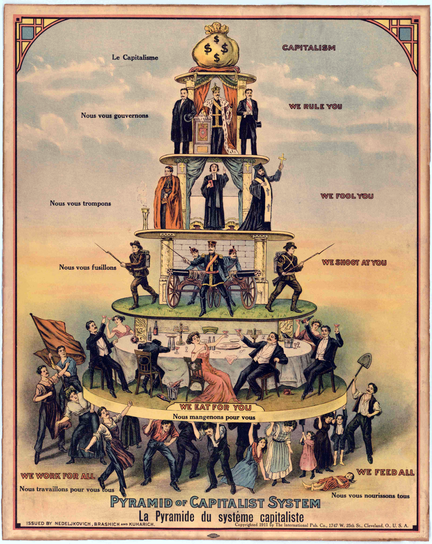
Mistrust of centralized financial systems, like the Federal Reserve, is downplayed. This historical socialist artwork critiques the structure of capitalist society, with the Federal Reserve and centralized banking systems often portrayed as exploiters of the working class. It illustrates how centralized financial control perpetuates inequality.
5. Surveillance and Digital Privacy
Advocacy for digital privacy and critiques of government surveillance, especially regarding how governments work with Big Tech to collect data, face limitations. Individuals calling out the erosion of civil liberties in the digital age—like whistle blowers or advocates for encrypted communication—sometimes find themselves marginalized.
Edward Snowden’s advocacy for digital privacy and encryption has faced limitations. Discussions surrounding the use of encrypted communications tools (e.g. Signal) and criticism of the U.S. National Security Agency’s (NSA) mass surveillance programs are often treated suspiciously. Social media algorithms have reportedly flagged discussions on the topic as promoting illegal activities, limiting their reach.
Debates about Big Tech’s surveillance and data privacy violations are discouraged.
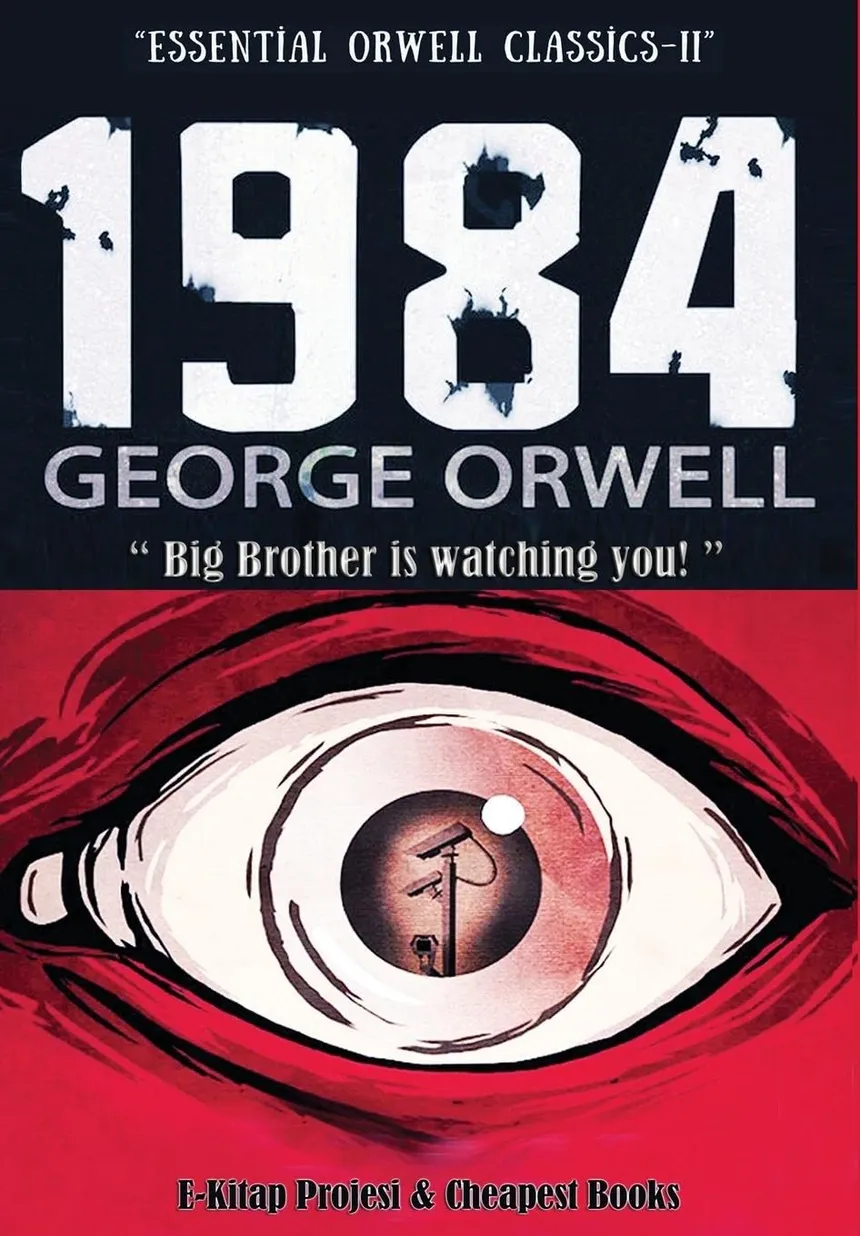
This iconic imagery from Orwell’s 1984 has been adapted countless times to depict Big Tech surveillance, with Facebook, Google, and other platforms portrayed as omnipresent entities that monitor and control personal data, warning of the dangers of unchecked technological power.
6. Radical Social Justice Critiques
Voices that critique the co-option of social justice by corporations, also known as “woke capitalism,” sometimes face censorship. These critiques argue that while companies outwardly support progressive causes, their actions often mask deeper inequities or exploit labour globally. Some radical leftist or libertarian positions questioning both capitalism and neoliberal identity politics face de-platforming or content moderation.
Angela Nagle’s critique of “woke capitalism” in her writings, argues that corporations co-opt social justice movements for marketing purposes while continuing to exploit workers and resources. Posts and videos exploring these ideas on platforms like LinkedIn, which is heavily used by corporate professionals, often get flagged or downranked for not fitting within the typical corporate narrative of diversity and inclusion.
7. Decolonization and Anti-Colonial Narratives
Movements calling for the decolonization of global governance systems, questioning the legitimacy of nation-states built on settler colonialism (like the US, Israel, New Zealand or Australia), or advocating for reparations, often face suppression. These discussions challenge the very foundation of global political structures and are perceived as threatening by power centers.
The Palestinian narrative has faced significant censorship. Activists who advocate for Palestinian sovereignty and decolonization of Palestinian lands, or who are critical of Israel’s occupation and siege of Palestinian land, often get accused of antisemitism or find their posts, videos, and accounts banned or restricted on platforms like Facebook and Instagram (which have been accused of pro-Israel bias in content moderation).
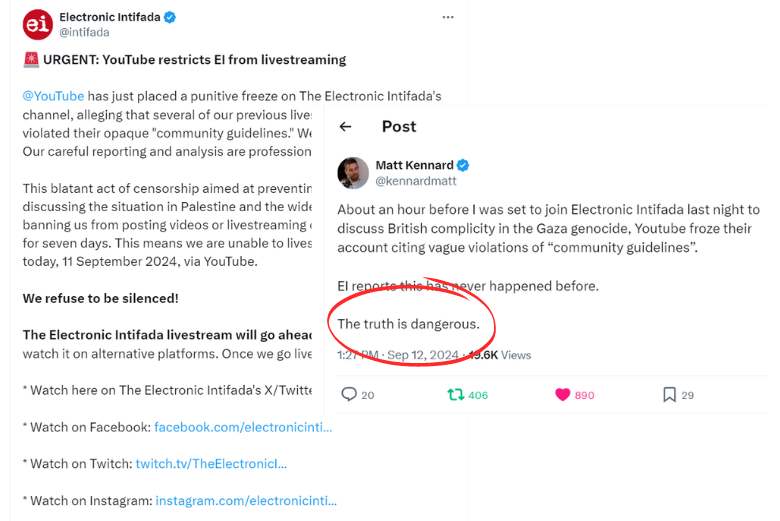
8. Cultural Autonomy and Indigenous Sovereignty
Indigenous voices advocating for sovereignty, land rights, and cultural autonomy can be side-lined, especially when their arguments contradict national interests or corporate resource extraction agendas (e.g. mining, fossil fuels). Censorship is more subtle here, with Indigenous activists often struggling for visibility in the crowded digital space dominated by mainstream voices.
The Wet’suwet’en protests in Canada saw Indigenous land defenders opposing a pipeline through their territory. Social media platforms have been accused of suppressing posts supporting the Wet’suwet’en cause, especially content critical of police and corporate actions. These accounts sometimes experience shadow banning or throttling of posts related to Indigenous sovereignty.
9. Radical Critiques of AI and Automation
Critics warning about the dangers of AI, automation, and their potential to exacerbate inequality or unemployment sometimes have their content moderated. When these critiques suggest a need for systemic change (like universal basic income or restrictions on AI development), they can be seen as threatening to the current economic model.
Critics of AI, like the philosopher Nick Bostrom, warn of AI’s potential to cause massive unemployment and even existential risks for humanity. Some advocates suggest halting or slowing AI development until its societal impacts are better understood. However, posts discussing the dangers of AI and automation’s potential harm to labour markets are often minimized by tech platforms that are deeply invested in AI technology.
Closing
These ideas threaten the power dynamics embedded in today’s digital landscape, where corporate and state interests often align seamlessly. By positioning themselves as neutral arbiters, social media platforms obscure the deeper ideological work being done to maintain the status quo. While censorship by social media platforms is justified as a measure to protect against harmful misinformation, critics argue that the suppression of these ideas curtails essential critical debates—debates that could challenge prevailing structures of cultural and economic hegemony.
In this environment, the fight for intellectual freedom is as much a battle for who gets to define truth, knowledge and power as it is about the ideas themselves. By silencing dissent, platforms risk reinforcing the very structures of control Gramsci warned us about—making the truly dangerous ideas not the ones they ban, but the ones they leave unchallenged.
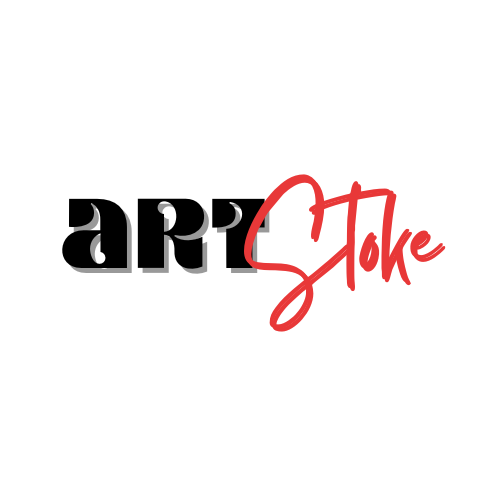



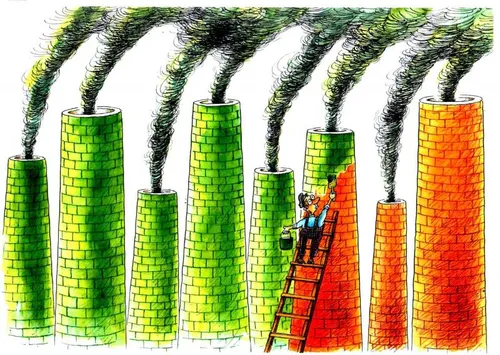






[…] first article on “Ideas Too Dangerous to Share” explored how censorship and suppression stifle critical debates and challenge entrenched power […]